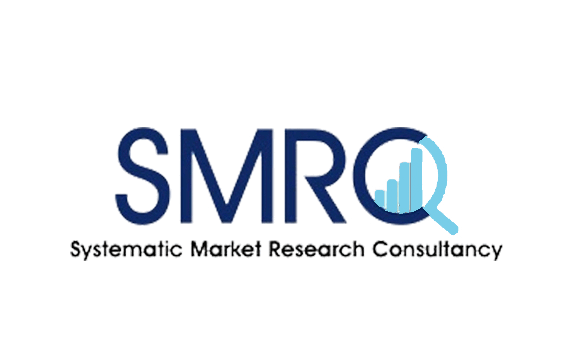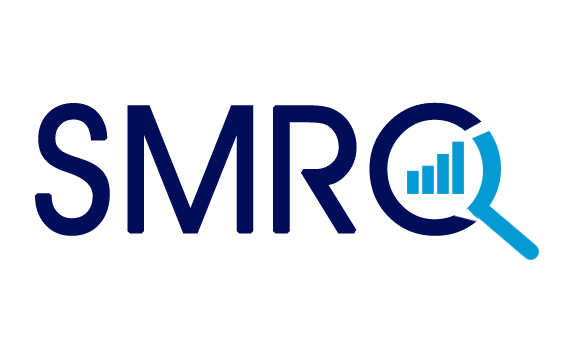In today’s competitive market, understanding consumer behavior is paramount for businesses aiming to maximize their sales potential. Consumer insights, derived from a comprehensive analysis of consumer data, provide invaluable guidance for developing effective sales strategies. Let’s delve into the intricacies of consumer insight and how it can be leveraged to drive sales success.
Consumer insight, often referred to as the understanding of consumer needs, preferences, and motivations, serves as the cornerstone of successful sales endeavors. By delving into the psyche of consumers, businesses can tailor their products, services, and marketing efforts to resonate with their target audience.
Understanding Consumer Behavior
Consumer behavior is influenced by a myriad of factors, ranging from psychological drivers to societal norms. Understanding these influences is crucial for deciphering consumer preferences and decision-making processes.
Psychology of Consumer Behavior
Consumer behavior is intricately tied to psychological principles such as motivation, perception, and attitude. Motivation serves as the driving force behind consumer actions, while perception shapes how consumers interpret and respond to stimuli. Additionally, attitudes play a significant role in shaping consumer preferences and purchasing decisions.
Influence of Culture and Society
Beyond individual psychology, culture and society exert a profound influence on consumer behavior. Cultural values and social norms shape consumer preferences, influencing everything from product choices to brand loyalty.
Collecting Consumer Data
To gain meaningful consumer insight, businesses employ various market research techniques and data analytics tools.
Market Research Techniques
Traditional market research methods, such as surveys, interviews, and observational studies, provide valuable insights into consumer behavior and preferences. By directly engaging with consumers, businesses can gather qualitative and quantitative data to inform their sales strategies.
Data Analytics Tools
In the digital age, businesses have access to advanced data analytics tools that facilitate the collection and analysis of consumer data. Customer Relationship Management (CRM) systems, predictive analytics, and social media listening tools enable businesses to uncover valuable insights from vast datasets.
Analyzing Consumer Data
Once consumer data is collected, businesses must analyze it to extract meaningful insights that can inform sales strategies.
Identifying Patterns and Trends
Effective analysis of consumer data involves identifying patterns and trends that reveal underlying consumer preferences and behaviors. By uncovering these insights, businesses can tailor their sales strategies to align with consumer demands.
Segmenting the Market
Segmentation allows businesses to divide the market into distinct groups based on shared characteristics, enabling targeted sales approaches.
Applying Consumer Insight to Sales Strategies
Consumer insight serves as a guiding force in the development and implementation of sales strategies across various domains.
Product Development
Consumer data informs product development by identifying emerging trends, uncovering unmet consumer needs, and guiding innovation efforts.
Pricing Strategies
Understanding consumer preferences and price sensitivity enables businesses to develop pricing strategies that maximize profitability while remaining competitive in the market.
Marketing Campaigns
Consumer insight informs the development of targeted marketing campaigns that resonate with specific consumer segments, increasing the effectiveness of promotional efforts.
Customer Experience Enhancement
By understanding consumer preferences and pain points, businesses can enhance the customer experience, fostering loyalty and repeat sales.
Case Studies: Successful Implementation of Consumer Insight
Real-world examples illustrate the tangible benefits of leveraging consumer insight in sales strategies.
Challenges and Limitations
While consumer insight offers invaluable guidance for sales strategies, businesses must navigate various challenges and limitations.
Privacy Concerns
The collection and analysis of consumer data raise privacy concerns, necessitating careful adherence to data protection regulations and ethical considerations.
Data Accuracy and Reliability
Ensuring the accuracy and reliability of consumer data is essential for deriving meaningful insights and making informed business decisions.
Interpreting Complex Data
Interpreting complex consumer data requires specialized expertise and analytical tools, posing challenges for businesses seeking to extract actionable insights.
Future Trends in Consumer Insight and Sales
The future of consumer insight and sales is shaped by emerging trends in technology and consumer behavior.
Artificial Intelligence and Machine Learning
Advancements in artificial intelligence and machine learning enable businesses to analyze vast datasets and uncover predictive insights, driving more effective sales strategies.
Personalized Marketing
The rise of personalized marketing allows businesses to tailor sales strategies to individual consumer preferences, enhancing engagement and driving sales growth.
Consumer insight is a powerful tool for businesses seeking to maximize their sales potential. By understanding consumer behavior, collecting and analyzing relevant data, and applying insights to sales strategies, businesses can drive growth, foster customer loyalty, and achieve long-term success in today’s dynamic marketplace.


